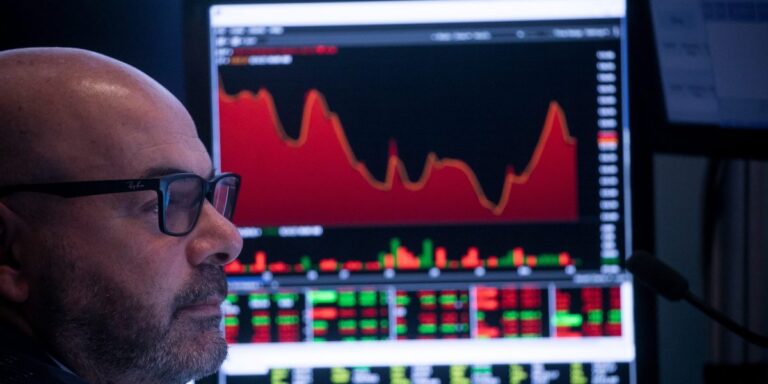Do you know how your 401(k) funds are invested—what companies they’re held in, and what those companies are doing to address urgent global risks like climate change? Like nearly half of workers, there’s a good chance you don’t. You hand your contributions to the plan, and the plan puts the money into investments chosen by your employer and its fund managers.
And you just sit back and wait for your balance to grow. Whether it grows and how much it grows depends on where the fund manager invests your money. Since most people’s 401(k) funds are invested in default allocation and target date funds, it is essential that they reflect the financial interests of employee investors like you.
Big tech companies have tens of billions of dollars invested in employee 401(k) funds, and one of the easiest ways to help employees grow their money fast is to switch the default option to sustainable funds and stop investing in fossil fuel companies, which also helps protect the climate.
A new study conducted at the University of Waterloo (Canada) in collaboration with a shareholder organization I lead, As you sow, A study of 401(k) plans from 12 tech companies, including Amazon, Apple, Google, Meta, Microsoft, and Netflix, found that 2 million tech employees could have earned an estimated $5.1 billion in additional earnings if their employers had divested fossil fuels from their retirement plan holdings 10 years ago. Google employees alone lost an estimated $1.1 billion in benefits. On average, investments in fossil fuel-free portfolios performed 8.9% better over the 10-year period. Compounding this over an employee’s career adds up to significant amounts of money.
That’s because fossil fuels are objectively riskier investments compared to the overall market as the global economy rapidly transitions to renewable energy. And that risk is accelerating: One study estimates that half of the world’s fossil fuel assets could be worthless by 2036.
The amount of employee money that big tech companies’ 401(k) plans have invested in fossil fuels, specifically target-date funds, is staggering. Google employees are thought to have around $2 billion invested in fossil fuels. Apple employees have another $1 billion. The majority of this money is invested in target-date funds by default, not by choice. Shifting away from risky fossil fuel investments into safer, future-proof assets is the best choice for employees and aligns with the sustainability goals of these companies.
Like sowing seeds We presented these findings to 12 companies before the survey results were released. None of the companies provided substantive responses. But this is not the first time that 401(k) plans have been found to be inconsistent with their publicly-stated climate change commitments. In fact, Like sowing seeds The company has raised the issue over the past few years at several companies, including Amazon, Google, Microsoft and Netflix, meeting with senior management and filing shareholder resolutions.
So why aren’t the big tech companies solving this problem? This is especially puzzling since each company is implementing climate goals in their business operations. Google touts “30 Years of Climate Action” on its main landing page and makes it clear on its sustainability landing page that it is important to “track our progress and be transparent about what we’ve achieved and where we’re going.” Amazon encourages consumers to “discover and buy more sustainable products” as part of its “Climate Pledge Friendly” program. Apple’s 2030 plan commits to reaching zero net emissions by using “recyclable and renewable materials, clean power, and low-carbon transportation.” Yet the company’s employee retirement plan runs counter to these efforts, and it’s also contributing to declining revenue.
Addressing the systemic risks of investing in high-carbon companies has proven to be a win-win strategy for companies that want to reduce emissions while protecting their employees from climate-related financial risks. Big tech companies can do this with a quick phone call to Vanguard or BlackRock, asking them to provide fossil-free default investment funds for their employees’ money.
That one phone call would change the face of 401(k) investing. It would be a real step toward mitigating climate change and employees would see higher investment returns in retirement. It would send a message to the global business community that it’s not hard to fulfill your fiduciary responsibility to select funds with the greatest potential for long-term, sustainable growth. It would protect employees from climate-related financial risks, demonstrate that your company is holistically applying sustainability goals, create a positive culture that attracts and retains the best and brightest employees, and build customer loyalty.
Andrew Behar is CEO of As You Sow.
See more must-read articles luck:
The opinions expressed in Fortune.com editorial articles are solely those of the authors and do not necessarily reflect the opinions or beliefs of the authors. luck.

